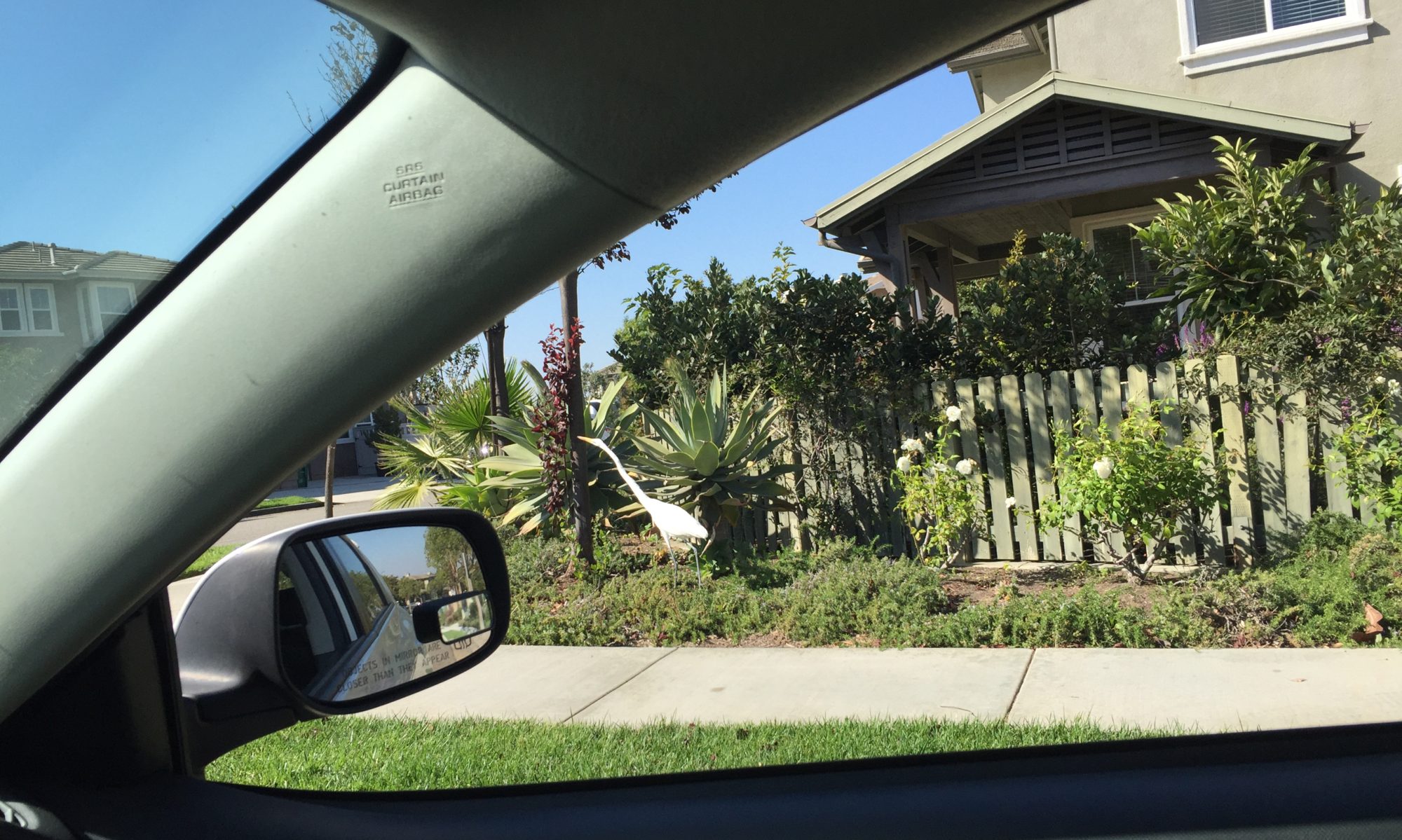Write woman’s words on water swift,
on wind worn thin with vow.
Here mine are in black on white,
though parchment yellow, vowel shift.
In these poems I dubbed you thou
though you gave me such short shrift.
In our embrace I thought I clutched
the pulse that throbs in veins, no sham
beat which rhyme and feet prolong.
With these words let proof be clinched
sting too can send a dithyramb.
I sought more than paltry song.
Fallen leaves which leave behind
a pang each day renews,
my poems on something bright and quickly
drawn away were better in my mind.
I am done with you, my Muse,
now that you are through with me.
***
An envoy or envoi is a stanza appended at the end of a poem, a coda. They are traditionally addressed to an imaginary or an actual person, often a Patron or a Lady Love, in different settings the poet’s Muse.
Rest assured that there was an original addressee though she was ultimately only a minor muse. There remain fragments and heart-shards of the poem I once started out to write to her, something of a grievance, an ancient and noble poetic convention. This poem was however addressed from its beginning to Catullus, the opening lines of whose Carmina 70 are mine in translation:
sed mulier cupido quod dicit amanti,
in vento et rapida scribere oportet acqua
Write women’s word on water swift,
on wind worn thin with vow.
Before anyone gets too wrought up with the latent political incorrectness of this assertion, let me state that when I wrote it I had decided never to write another poem. This envoy was to be my goodbye to poetry itself. Herself?
